UWM fraternity rape allegations from 2013 surface as so-called color-coded date rape probe continues
UWM fraternity rape allegations from 2013 surface as so-called color-coded date rape probe continues
UWM fraternity rape allegations from 2013 surface as so-called color-coded date rape probe continues
Milwaukee (WITI) -- A University of Wisconsin-Milwaukee fraternity house is under investigation for allegedly slipping date rape drugs into female students' drinks at house parties. One of those parties, which took place in the basement of the Tau Kappa Epsilon house in September, 2014, has been the subject of a six month-long police investigation.
No students have been formally charged with sexual assault -- but FOX6 has uncovered previous allegations of drugging and rape, allegedly committed by two members of the same fraternity.
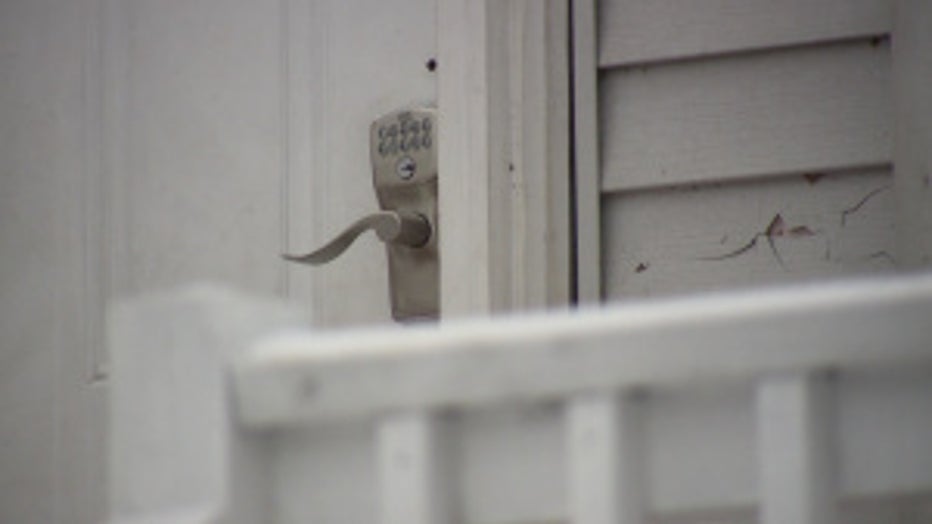
Front door of the TKE house at UW-Milwaukee
In sum, at least seven people have reported being drugged at Tau Kappa Epsilon house parties or by fraternity members. Three of those students have also reported being sexually assaulted while under the influence of suspected date rape drugs.
The University says it's cooperating in the ongoing police investigation, and is committed to holding students accountable for their behavior.
"It happens on this campus. It happens on every college campus," says Vice Chancellor of Student Affairs Michael Laliberte. "I was personally shocked by this outrageous behavior."
In the early morning hours of Sept. 13, 2014, as the party was winding down at the TKE house, police were called about severely intoxicated students.
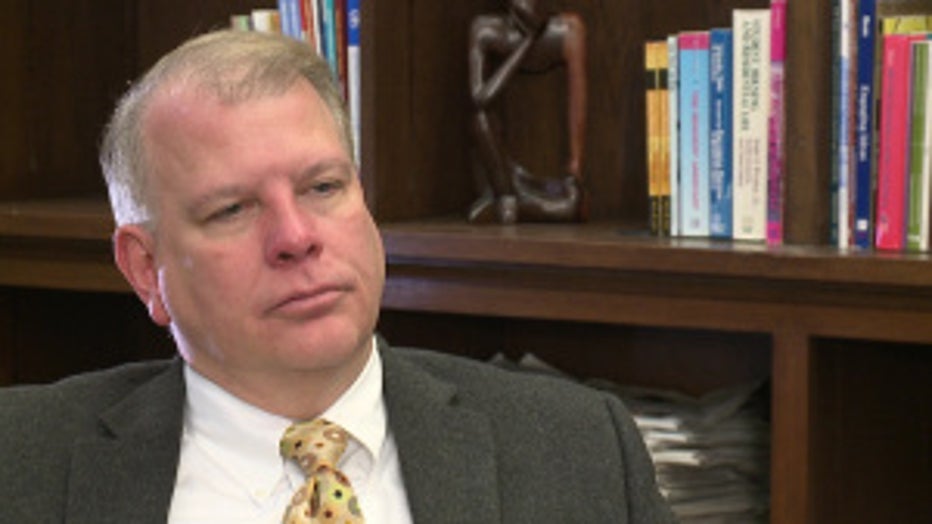
Michael Laliberte, Vice Chancellor of Student Affairs at UW-Milwaukee
Four people were taken to the hospital, where they blacked out. According to police, they were unable to speak and had "glossy, bloodshot eyes."
When they woke up in the hospital, they all individually told police the same story: They only had a couple of drinks, felt very weird, and had no memory of the night before. One girl even told police she felt "victimized" by the fraternity, and was certain she'd been drugged.
And as it turns out, she's not the only female student to ever think that.
In the spring of 2013 three students reported they had been drugged and raped by two TKE fraternity members and a former student who always hung out at the fraternity house. One of the victims, who we'll call "Kelly," has been trying to get some sort of justice for nearly two years.
"The three of us were celebrating my friend's birthday," she remembers.
In April 2013, at a bar on the east side, a group of guys bought them a round of drinks.
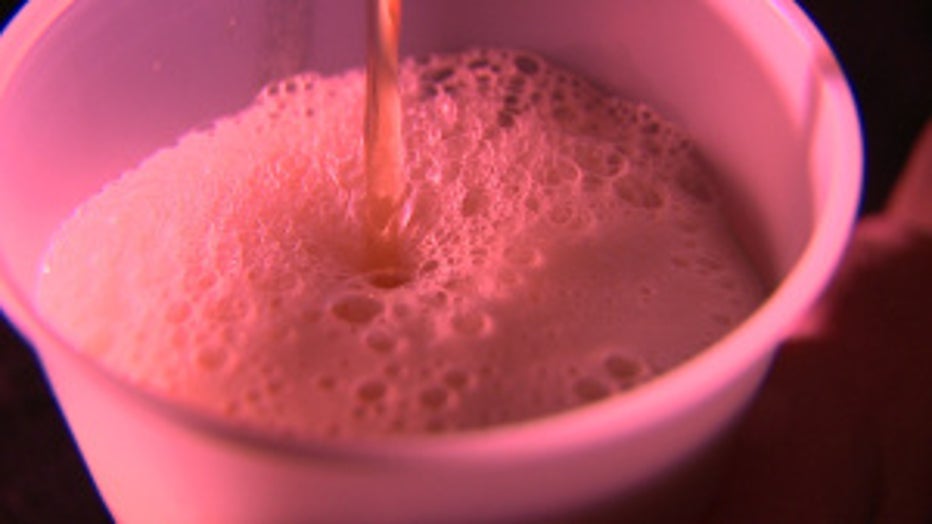
Victims suspect they were drugged after a round of drinks were served.
"It was almost as if my brain was telling me that you are losing your eyesight," she recalls.
Soon, she would lose her memory and blackout completely. Waking up the next morning in bed with a man she didn't know -- and only half her clothes on.
"It was an out of body experience that you can't recall everything," Kelly says.
The stranger told her they had sex, and she was basically "asking for it" by dancing with him. When she asked for proof, he dug out a condom wrapper next to the bed.
That was especially shocking, Kelly says, because she's a lesbian.
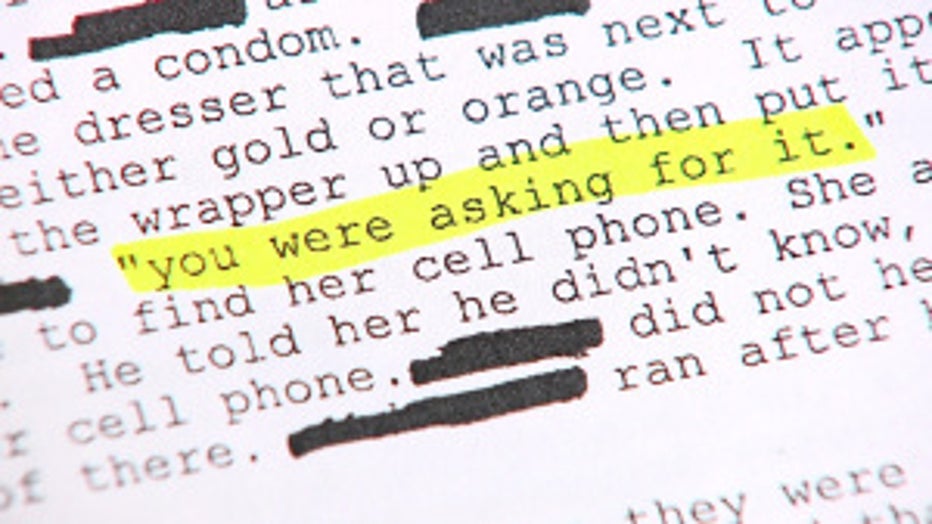
Police incident reports from 2013
"I called my girlfriend at the time and she said, 'I am taking you to the hospital. We need to get this evidence right away.'"
Kelly and her two other friends spent the next nine hours at the Sexual Assault Treatment Center, all of them eventually reporting to police they were drugged and sexually assaulted that night.
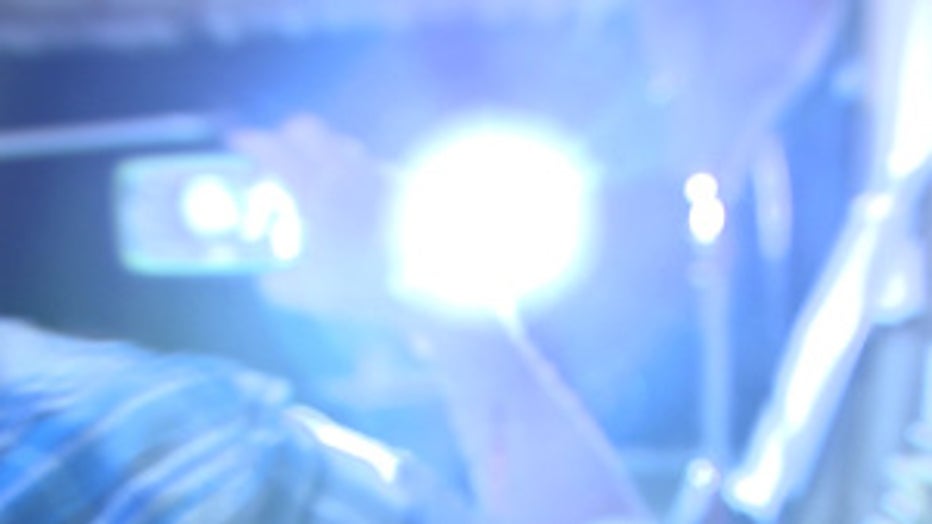
One victim remembers "bright lights" and being assaulted while others recorded the event.
One of the girls, also a lesbian, reported being in a "really bright room" as she was forced to give oral sex to a male student while people stood in the doorway and videotaped. She only remembers being unable to move.
Police and the Milwaukee County District Attorney's Office opened an investigation.

Kent Lovern , Chief Deputy District Attorney
"We were very concerned about the situation," says Kent Lovern, Chief Deputy District Attorney for the Milwaukee County District Attorney's Office.
"Because from a practical standpoint, things just didn't add up."
Police called Kelly the perfect witness.
"The alleged victim we found to be very, very credible in this case," Lovern recalls.
One of the fraternity members, the one who had sex with Kelly, was arrested after police found a used condom in his freezer and some of the victim's clothing in his room.
After being interviewed as part of the investigation, his best friend asked police out of the blue how long GHB, a known date rape drug, stays in someone's system. He also asked police how long it would take before the drug tests were complete.
Kelly's dad even testified he got a phone call from Kelly on the night in question. He called her "babbling and incoherent," admitting he didn't even realize it was his own daughter at first.
Given all of that evidence Kelly thought there was no question she'd be able to hold her attacker accountable in court. But it didn't play out that way. The Milwaukee County District Attorney's Office decided not to prosecute.
"Sometimes the evidence just isn't there, and that was the case in this situation," Lovern says.
In order to prove she didn't say "yes" to sex, Kelly needed to remember what happened to her. But she couldn't, she says, because she was drugged.
"I was enraged. It was almost the same as the adrenaline I felt the next morning when I woke up at his house. It's like I am in this alone and there's like all these people that say they can help, but who do they help?" she remembers.
"My one friend in particular was told that drunk mistakes happen."
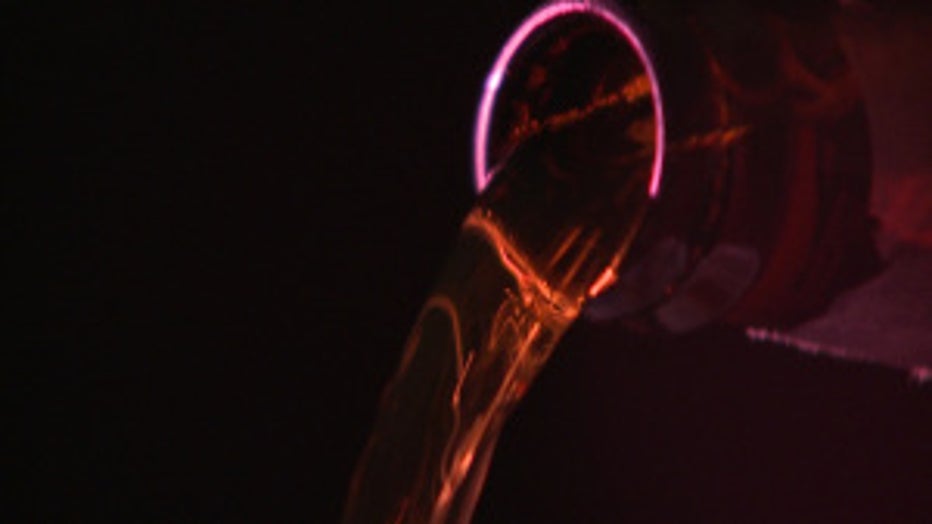
But the girls insist they weren't drunk that night. Kelly only had three beers before blacking out.
"We know there was a sexual encounter between the two," Lovern admits.
"That was fairly established. The question was whether that was consensual or not and clearly from our standpoint the evidence was not there to prove that fact beyond a reasonable doubt."
It was more than a let down for Kelly -- it was the apparent injustice of it all.
"It is just the system. This rape culture. They make it so difficult. You can't prove that you were innocent and this happened to you," Kelly says.
Kelly got even more frustrated after she kept seeing the student who allegedly raped her on campus. She tried to get a restraining order. At first it was granted, but when her alleged attacker asked for a new hearing, the restraining order was overturned.
In his decision, the judge said more than once, "there are some wrongs that have no remedy."
So Kelly turned to her school for help. She filed a complaint with the Dean of Students Office.
"There are oftentimes that we are holding folks accountable for their behavior when the courts can't," Laliberte says.
In other words, Kelly wouldn't have to prove that she was drugged and assaulted beyond a reasonable doubt. For her attacker to be held accountable under school rules, she only had to show that it was more likely than not that she had not consented to sex.
The schools says she didn't prove her case.
Kelly says she felt like the school blew her off to save itself from bad publicity.
"It really felt like that a lot of the time," she says.
The University says it took her case very seriously and did everything it could given the circumstances. University officials investigated, and her case went through the campus judicial system.
But there were no consequences for the fraternity member who she says drugged and raped her.
He's still a student on campus and was at the infamous party last fall.
"I could completely understand someone feeling like justice has not been served," says Susan McCarthy, Interim Head of theWomen's Resource Center at UWM.
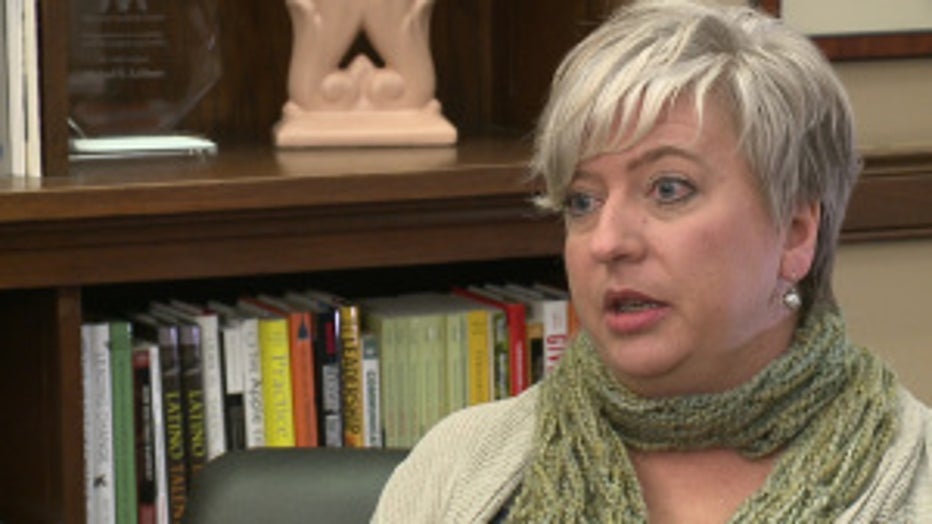
Sue McCarthy, Interim Head of Women's Resource Center at UWM.
McCarthy helped Kelly with her case. She says, unfortunately, so-called date rape cases are tricky.
"Somehow we need to find a better way to prove these cases," McCarthy says.
One of the reasons they're so hard to prove is because the victims can't remember what really happened. And more often than not, suspected date rape drugs are long gone by the time victims get tested.
In Kelly's case, 12 hours had passed.
"Nothing turned up in the toxicology report," Lovern explains.
Investigators probably won't find any evidence of drugs from the 2014 fraternity party either.
Not because the students weren't drugged. But because they were never tested.
"All the tests weren't done that needed to be done at the hospital," Laliberte explains. According to the University, it isn't part of the hospital's normal protocol to test intoxicated individuals for the presence of incapacitating drugs.
The hospital, Columbia St. Mary's, did not respond to FOX6's inquiries about protocols.
The University says Dr. Julia Bonner, UWM Medical Director, is working with the hospital to change this protocol going forward in case sexual assault is suspected.
"We've asked the hospitals to draw blood so that blood can be tested later on," Laliberte says.
Going forward, that could give victims a fighting chance to prove their cases.
"I am so upset that it happened to these girls again," says Kelly.
"Did I know it was going to happen again? Yeah."
FOX6 called all of the male students who were accused in the spring of 2013. One of them denied that drugs were involved, saying sometimes "these things happen."
The investigation into what really happened this fall is ongoing. No one has officially reported being sexually assaulted at the party. The TKE fraternity is no longer on campus. It's charter was revoked. But the students who are still living in the house say they have been unfairly labeled as rapists. They say their house has been vandalized and their members harassed.
One of the fraternity members says the city issued nearly $80,000 worth of tickets to the students after the party last fall -- for everything from underage drinking to operating a tavern without a license. He says many of the fraternity members are leaving town because of what they call "harassment."
They also insist they never put red X's on girls' hands, contrary to what police have said. They say reports of a color-coded date rape scheme are completely false.

